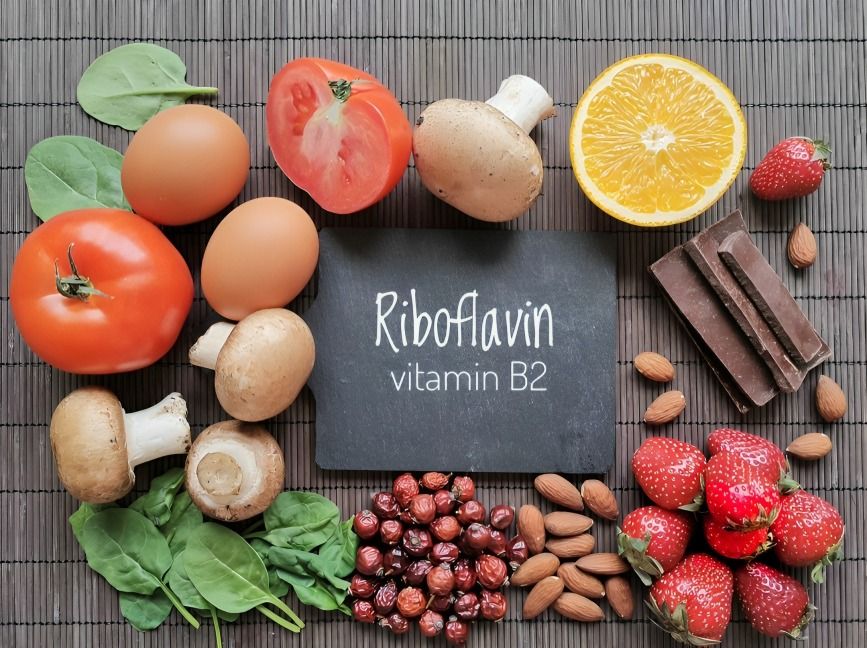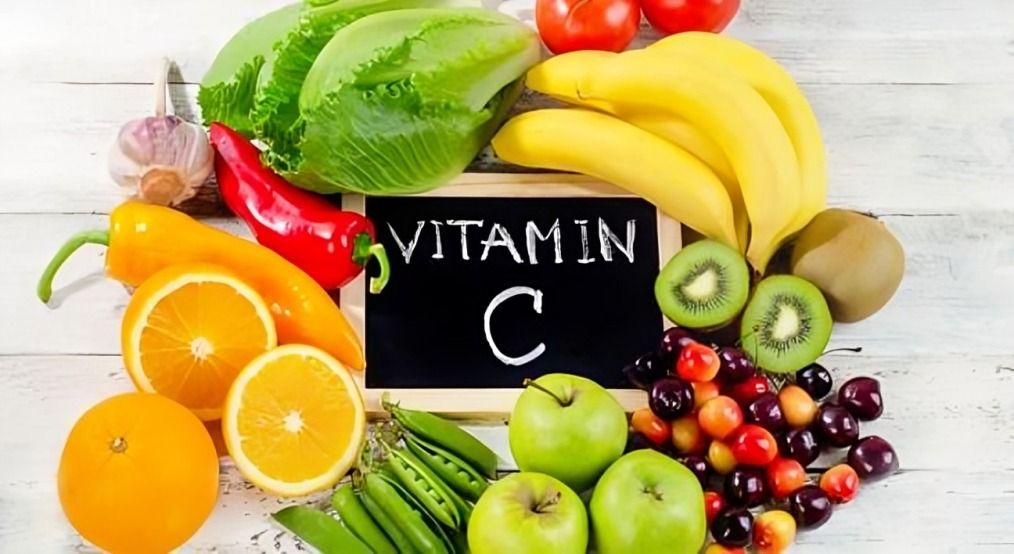
“
Vitamins and minerals play a pivotal role in ensuring proper growth and development. These essential nutrients support various bodily functions, from bone health to immune function, and are crucial for maintaining overall well-being. The role of vitamins and minerals in growth is vital, as they provide the necessary support for our bodies to develop and thrive. In this blog, we will explore 20 fascinating facts about how vitamins and minerals contribute to growth, highlighting their significance in our daily lives.1
1
”
This vitamin is crucial for vision and can help prevent night blindness. It also supports immune function and skin health. Consuming foods like carrots and sweet potatoes can boost your vitamin A intake. 1
Thiamine plays a key role in energy metabolism by converting nutrients into energy. It’s essential for the proper functioning of the heart and nervous system. Whole grains and pork are excellent sources of thiamine. 2

Riboflavin helps convert carbohydrates into energy and supports healthy skin and eyes. It’s also essential for the body’s antioxidant defenses. Dairy products, eggs, and green leafy vegetables are rich in riboflavin.
Niacin aids in DNA repair and supports healthy skin, the digestive system, and the nervous system. It’s also vital for converting food into energy. Foods high in niacin include chicken, tuna, and mushrooms.3
Pyridoxine is involved in amino acid metabolism, red blood cell production, and neurotransmitter synthesis. It’s essential for brain health and immune function. Sources include poultry, fish, and bananas. 4
Folate is crucial for DNA synthesis, cell division, and proper fetal development during pregnancy. It helps prevent neural tube defects in babies. Leafy greens, legumes, and fortified cereals are rich in folate. 5
Cobalamin is essential for red blood cell formation, DNA synthesis, and neurological function. It’s primarily found in animal products like meat, dairy, and eggs, making it crucial for vegetarians to find alternative sources. 6

Vitamin C supports the immune system, aids in collagen synthesis, and acts as an antioxidant. It also helps improve iron absorption from plant-based foods. Citrus fruits, strawberries, and bell peppers are high in vitamin C.
This vitamin facilitates calcium absorption, promoting bone health and supporting the immune system. Sun exposure helps the body produce vitamin D, while fatty fish and fortified foods can also provide this nutrient.7
Acting as an antioxidant, vitamin E protects cells from damage and supports immune function. It’s also important for skin health. Nuts, seeds, and vegetable oils are excellent sources of vitamin E. 8
Vital for bone and teeth formation, calcium is also crucial for muscle function, nerve transmission, and blood clotting. Dairy products, leafy greens, and fortified foods can help meet calcium needs. 9
The mineral phosphorus supports bone health, energy production, and the formation of DNA and RNA. It’s found in a variety of foods, including meat, fish, dairy, and nuts, making it easy to incorporate into your diet. 10
Magnesium is involved in over 300 biochemical reactions in the body, including energy production, muscle and nerve function, and bone health. It’s abundant in whole grains, nuts, and green leafy vegetables.11
The mineral potassium helps maintain fluid balance, supports proper nerve and muscle function, and regulates blood pressure. Bananas, oranges, and potatoes are excellent sources of potassium. 12
Essential for the formation of hemoglobin, which transports oxygen in the blood, iron supports energy metabolism and immune function. Red meat, beans, and fortified cereals are rich in iron.13
Zinc plays a role in immune function, protein synthesis, wound healing, DNA synthesis, and cell division. It’s important for taste and smell as well. Meat, shellfish, and legumes are high in zinc. 14
Iodine is necessary for the production of thyroid hormones; it regulates metabolism, growth, and development. It’s commonly found in iodized salt, seafood, and dairy products.15
Acting as an antioxidant, selenium supports thyroid function and immune health. It’s found in Brazil nuts, seafood, and eggs, providing an easy way to meet dietary needs. 16
Copper is important for iron metabolism, red blood cell formation, and maintaining healthy bones, blood vessels, nerves, and immune function. Shellfish, nuts, and seeds are rich in copper.17
Technologies like dual-energy X-ray absorptiometry (DEXA) assess bone density, showing how minerals like calcium and phosphorus contribute to skeletal growth and strength during different life stages. 18


